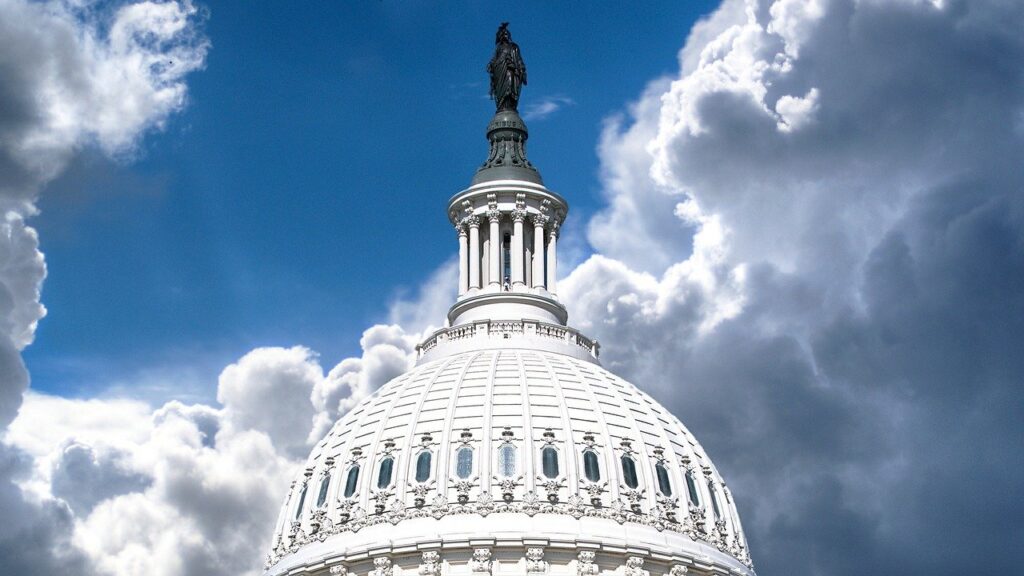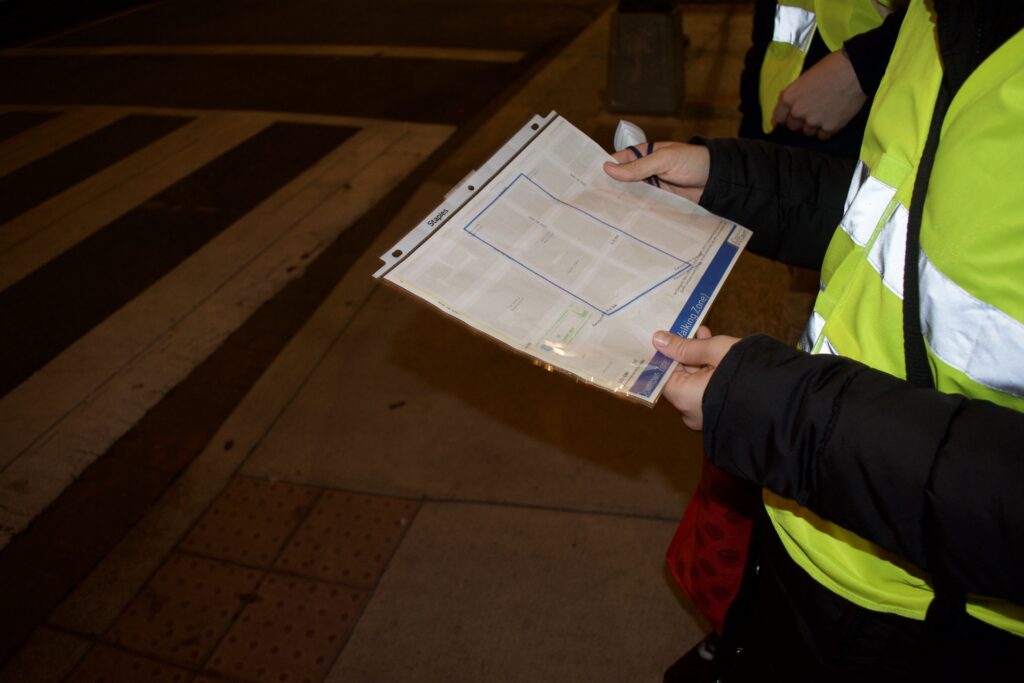Businessmen, residents, workers and advocates asked their local politicians to lead the way in addressing issues of poverty in the District to begin the Defeat Poverty D.C. campaign on March 22.
Tom Sherwood, a local political reporter at NBC Channel 4, insisted the campaign’s goals were realistic. “Saying ‘we’re going to end homelessness… and hunger’ has not worked,” he said. “It’s a bold initiative, not realistic.”
Instead, the coalition stressed it is helping to raise awareness in the local government, and is pushing politicians to take firm stances on this issue.
Andy Shallal, the owner of Busboys & Poets, discussed why politicians often overlooked poverty issues. “It’s not about money, it’s about priorities,” he said. “The money is there.”
The panelists cited a deal proposed by the city for defense contractor Northrop Grumman, which would give them 25 million dollars in abatements and grants. “Again, its priorities,” Shallal said.
Jenny Reed of the D.C. Fiscal Policy Institute ran down the results of a recent study done on poverty in D.C. “It’s a line like a ski jump,” she said, describing unemployment rates. Rates have gone from 5.6 percent to 11.9 percent, doubling between January 2008 and December 2009.
Approximately 16.9 percent of residents fell below the federal poverty line in 2008, rising to 18.9 percent in 2009. This number was brought to about 11,000 residents, according to Reed; however, the total of those at risk of poverty is more than 106,000. “Declines in poverty could be years away,” Reed said. “It takes a long time to recover.”
Valarie Ashley, the executive director of Southeast Ministry, emphasized the need for employers and job trainers to communicate about what skills are most needed. “We’re sort of training in a vacuum,” she said. “We don’t know what employers are looking for.”
Denise Rolark-Barnes, a publisher of The Washington Informer, said businesses need to look inside the community for its workers. “We can employ our own people,” she said. “Grow our own.”
Many D.C. businesses employ non-residents. The District’s unemployment rate is at 12 percent, according to Reed.
The business done by companies has always been flawed, Shallal said. “It’s not just profit as a bottom-line.”
The panelists highlighted the importance of community, especially among businesses, nonprofits, and religious initiatives. “Religious communities have a rich tradition of being active in social services,” Ashley said. “They can raise awareness at a congregational level.”
Rolark-Barnes pointed out that non-profits and faith-based often “competed” for dollars. She called out those in churches who did not “step beyond feeding the spirit.”
“It becomes a question with some, to minister to the spirit or provide social services,” she said. “An effort must be made to break the cycle by training the young.”
“We need to knock on the doors of the elected officials,” she said. “People not in poverty increase the tax base and the vitality of the city.”








